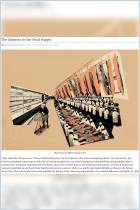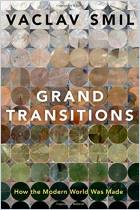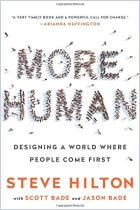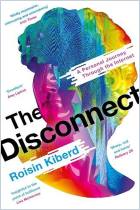
Book
Rumbles: A Curious History of the Gut
The Secret Story of the Body's Most Fascinating Organ
Recommendation
Have you ever wondered how your gut has shaped history? Historian and author Elsa Richardson takes you on a fascinating journey of the digestive system’s surprising influence on medicine, cultures and politics. She explores how people’s understanding of the gut has led to medical advancements, changed cultural norms, and even sparked political movements. Richardson reveals the profound connections between bodily processes and the evolution of social order, health, and power. In doing so, she uncovers the gut’s central role in shaping the way people live, think, and govern.
Summary
About the Author
Author Elsa Richardson is a lecturer of history at the University of Strathclyde, Scotland.
Learners who read this summary also read
Article
Book
Book
Book
















Comment on this summary or 开始讨论